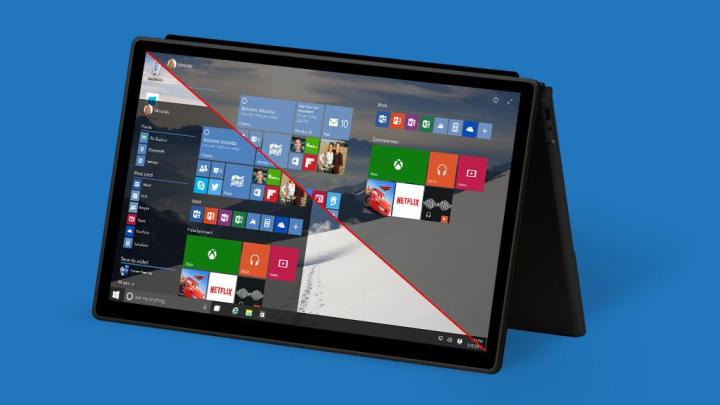
For as long as commercial software has been around, so have software pirates. Microsoft is very familiar with this, as the Windows operating system has been widely pirated throughout most of its existence. Now the company is taking a unique approach to fighting the piracy problem.
In 2011, Microsoft estimated that only one in 10 users of its products in China were paying for them, and recent studies show that 75 percent of all PC software is not properly licensed in the country. Rather than stick with old strategies, Microsoft has decided to make its upcoming Windows 10 a free upgrade for PCs running Windows 7 and up, whether users actually own those previous versions or not. “We are upgrading all qualified PCs, genuine and non-genuine, to Windows 10,” executive vice president of operating systems Terry Myerson told Reuters recently.
While the free-upgrade program is currently limited to China, it’s yet another step toward making Windows 10 more easily accessible to consumers. In January, Microsoft announced that Windows 10 would be a free update for users of devices running Windows 7, 8, 8.1, and RT. The only difference is that outside of China, those devices have to be running genuine versions of those operating systems.
This isn’t the only move that Microsoft is making to gain ground in China. Tuesday morning the company confirmed a partnership with Chinese smartphone manufacture Xiaomi to create a version of Windows Phone that can be flashed onto Android phones.
Microsoft is aiming for a summer launch of Windows 10, and the OS will be available in 190 countries and 111 languages. This may not bring the company back to Windows 95-like levels of ubiquity, but Microsoft is certainly working hard ensure that Windows 10 starts off on the right foot.


